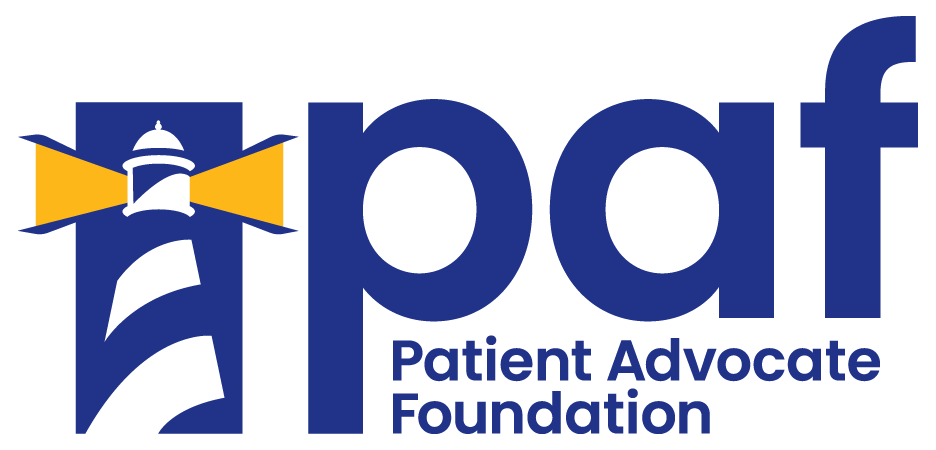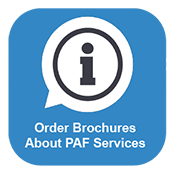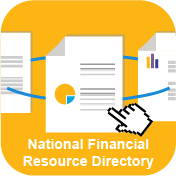Health Insurance Glossary
As you navigate the healthcare insurance industry, you may run into terms that are confusing but important to know. You’ll find a list of health terms that are important to know here:
Affordable Care Act – The name of the health care reform law finalized in March 2010.
Annual Limit – The amount an insurance plan will pay in total benefits over a year. Once you hit the cap, your policy will not pay again until the next year. The ACA prohibits annual limits on essential health benefits with the exception of grand fathered plans.
Benefits – The healthcare items or services covered under a health insurance plan.
Co-Payment – The amount you pay when you receive care. The co-payment amount is set by the insurance company not the doctor’s office. This can be a percentage or flat rate amount. For example, the amount you pay may be $30.00 each time with the insurance company picking up the rest of the cost.
Co-Insurance – The amount you pay after you meet the plan’s deductible. For example, an 80/20 co-insurance rate means the insurance company pays 80 percent and you pay the remaining 20 percent. Co-Insurance usually does not start until you pay an amount equal to the deductible.
Deductible – The amount you pay out-of-pocket before your plan pays anything for the healthcare services you received. For example, if your deductible is $1,000, your plan won’t pay until you’ve hit your $1,000 limit.
Excluded Services – These are services your health insurance or plan doesn’t pay for.
Formulary or Drug List – A list of prescription drugs your health plan covers. Generic medications are typically covered in a formulary, whereas only some brand names are not.
Flexible Benefits Plan – A benefit program that gives employees a choice between cash, life insurance, vacations, retirement plans, and childcare. Although there are usually some requirements, flexible benefit plans offer a choice for the remaining benefits.
Health Insurance – A contract that requires your health insurer to pay for a portion (or all) of your healthcare services in exchange for a premium.
Health Insurance Marketplace – A resource allowing individuals, families, and businesses to research, compare and choose which health insurance plan is most beneficial to them.
Health Plan Categories –
- Bronze Plan – Estimated to cover 60 percent of medical bills, leaving the insured member to pay the remaining 40 percent up to established out-of-pocket maximum.
- Silver Plan – Estimated to cover 70 percent of medical bills up to established out-of-pocket maximum.
- Gold Plan – Covers 80 percent of medical bills up to established out-of-pocket maximum.
- Platinum Plan – Estimated to cover 90 percent of medical bills up to established out-of-pocket maximum.
In Network or Preferred Provider – A physician, healthcare provider or healthcare facility that has a contract with your plan to provide you services at a lower rate.
Network – This refers to the contract between your insurance and your healthcare provider.
Out-of-Network – A physician, healthcare provider or healthcare facility that does not have a contract with your plan. Using healthcare services that are not covered in your plan will greatly increase the amount you have to pay.
Out-of-Pocket Limit – The amount you pay out of your own pocket when treatment or service is not covered by your plan. For example, some plans do not cover laboratory tests, x-rays, or medication.
Point of Service Plans – This kind of plan will allow you to pay less if you use in-network doctors or services.
Premium – The amount you pay monthly, quarterly or yearly for your health insurance plan.
Prescription Drug Coverage – A list of drugs your plan helps pay for.
Provider – A physician, healthcare provider or healthcare facility licensed, certified or accredited as required by law.
Specialist – This type of physician focuses on a specific area of medicine or illness. If your normal provider refers you to a specialist, it is important to be aware of whether the specialist falls inside your network.










